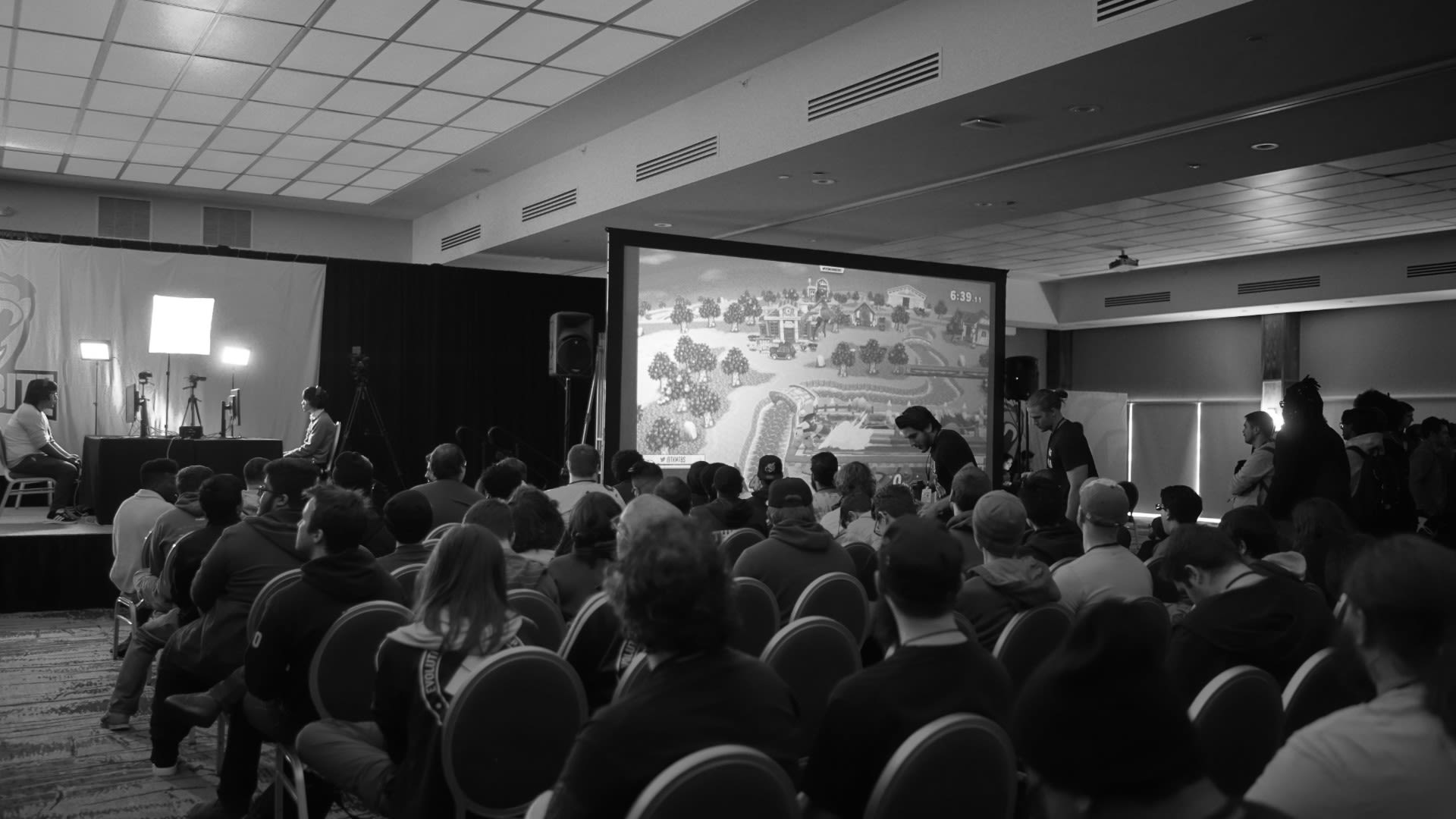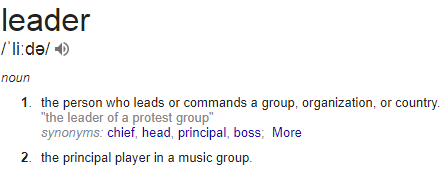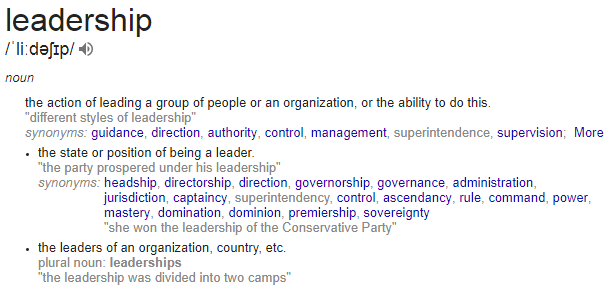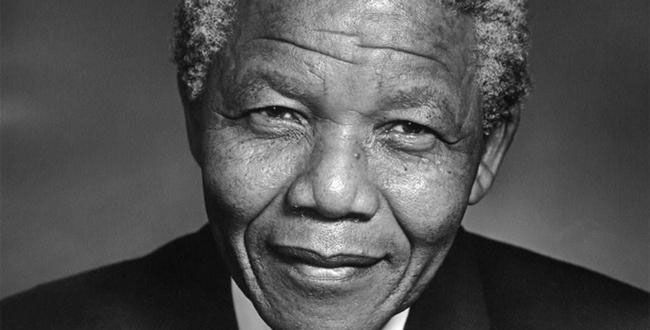Adaptive Leadership:
A New Way of Thinking
Experiential Education

Objectives
What you will learn:
1. That change is happening all the time, and faster.
2. What a leader is, and what leadership is.
3. What ‘adaptive leadership’ is.
4. How we react to change.
5. One strategy for coping with change by being an adaptive leader – ‘getting on the balcony (while staying in the dance)’.

Introduction
Benjamin Franklin famously noted:
In this world nothing can be said to be certain, except death and taxes.
There is, however, a third thing that is certain, and that is change. It happens all the time, whether we want it to or not: in our personal lives, in the workplace, in society, in politics (from local to world-stage), in scientific discoveries. Some changes we ourselves decide to make; most changes happen despite us. Often we have time to adapt; often we don’t. Mostly we simply get on with things the best we can in the ever-changing landscapes that are our lives. Sometimes, though, we have to consider consciously and conscientiously how we ought to respond to change and how we need to adapt to it – especially in our roles as leaders.
The pace of change is accelerating. Henry de Sio (2015) suggests that with the Internet and other technology, today’s world is very different from yesterday’s world, and tomorrow’s will be different again. We must be willing to change and to think differently, or we will be left behind.
Back in 1946, Albert Einstein reflected:
We cannot solve today’s problems with the same level of thinking that created the problems in the first place.
Although it has been suggested that these often-quoted words from Albert Einstein are a journalist’s paraphrase of what Einstein may actually have said (that is, ‘A new type of thinking is essential if mankind is to survive and move towards higher levels’), it is still applicable today, seventy or so years later. One of these ‘new types of thinking’ is known as adaptive leadership. Leading proponents are Ron Heifetz and Marty Linsky, who have researched and taught the practice of leadership at Harvard University (USA) for over three decades.

What is a Leader? What is Leadership?
This section of the module includes various questions for you to consider. You can record your responses to them in your Practice Manual. Through this process you will be able to explore, at a deeper level, the concept of leadership and its meaning.
Question 1: Who do you think are leaders?
Think about people you consider to be leaders, and why you think they are leaders. They might be good leaders or bad leaders. Think about why.
Make a list of the people you consider to be leaders: include as many people you can think of. Here’s one to get you started, one I and many others consider to be a good leader, as evidenced by his large following: Nelson Mandela. Further on in this module is a link related to Mandela.
Question 2: What are the characteristics of a leader?
What are some of the characteristics that you think good leaders might or should have? Here’s one to get you started: courage. Put up as many characteristics of a leader as you can think of in words, pictures or photographs to this padlet board.
There are many definitions of a leader.
Here is a dictionary definition:

Question 3: Is there a difference between leaders and 'bosses'?
You will note that the dictionary provides several examples of synonyms, including ‘boss’. Think of a boss you have known. Were they what you would consider to be a leader? Give reasons for your answer. You might wish to refer to your answers to Question 1 and 2 – or even now amend your answers to those questions.
What is leadership?
Here again is a dictionary definition:

Question 4: Does 'control' = leadership'?
Take note of the synonyms in the above definition of leadership. Does ‘control’ = leadership? Give reasons for your answer. Is your answer to this question affected by your responses to Questions 1, 2 and 3? You might even need to amend those answers in light of your thoughts here.
You will see from the dictionary definitions, and possibly from your answers to the above questions, that the concepts of leaders and leadership are not simple, or easy to define.
More thoughts on what leadership is:
According to Ackoff (2010, p. 4):
The followers of leaders follow voluntarily. Alleged leaders whose followers do so through coercion are commanders, not leaders.
And, from Kotter (2013):
Management makes systems of people and technology work well. … Leadership creates the systems that managers manage and changes them in basic ways to take advantage of opportunities and to avoid hazards.
My favourite is from Jim Collins, in his monologue Good to Great and the Social Sectors (2006, p. 13, italics in original):
True leadership only exists if people follow when they have the freedom not to.

What is 'Adaptive Leadership?'
An adaptive leader is a leader who is able to adapt to change, and has a strategy to do so. Adaptive leadership has been defined in many ways. Here is what Cambridge Leadership Associates (CLA, 2017), an international leadership development practice that grew out of Heifetz and Linsky’s work on adaptive leadership, say:
Adaptive Leadership is a practical leadership framework that helps individuals and organizations adapt and thrive in challenging environments. It is being able, both individually and collectively, to take on the gradual but meaningful process of change.
Heifetz and Linsky (2009, p. 14), with their co-author Alexander Grashow, have suggested that adaptive leadership is:
… the practice of mobilizing people to tackle tough challenges and thrive.
You will note that CLA (2017) talk about the ‘gradual but meaningful process of change’ – but if we listen to de Sio, although that process of change might still be meaningful, often it is not gradual. Rather, change can be instant – and different again an instant later. De Sio suggests that there are three usual reactions when we discover that what we thought we knew had changed:
- Freezing,
- Resisting, or
- Adapting.
Below is what he says (De Sio, 2015, p. 3), couching it in terms of American football:
There are three likely reactions that follow when the game you know has changed. The first is to freeze in place, watching in fear and confusion as this strange new activity plays out before you. It is a helpless feeling that will keep you a fixture on the sidelines and make you quickly irrelevant. The second is to dig in stubbornly and double down on what you know. In this instance, that might entail lowering your helmet and running full steam into those unsuspecting layers. Of course, that would make you worrisome and even dangerous you would soon find yourself marginalised and cast aside by others. The third is to see differently so you can see differently - a mindset shift that facilitates framework change.
A strategy for adaptive leadership: Getting on the balcony (while staying in the dance)
‘Getting on the balcony (while staying in the dance)’ is a metaphor for a form of mindfulness, where we as leaders simultaneously:
- Maintain our role in what is happening,
- Remain aware of what is happening and who the people are who are involved (including ourselves),
- Reflect on what is happening (including our own role in it), and
- Make adjustments to ensure optimum outcomes.
The balcony and the dance
Ballroom dancing competitors need to be aware at all times of their own movements, the movements of all other competitors, the over-all patterns that are forming and re-forming, shifting and changing – and the music that is driving that movement.
Similarly, getting on the balcony (while staying in the dance) gives a leader the capacity to observe patterns and undercurrents, and to respond to them – or even to anticipate them. It also includes the option of calling someone onto the balcony with them – or creating a balcony for someone else to use. According to Heifetz and Linsky (2002, p. 53):
Achieving a balcony perspective means taking yourself out of the dance. … [Then] if you want to affect what is happening, you must return to the dance floor.
Heifetz and Linsky (2002, pp. 51-74) provide several hints to help us do this. The key tips are about observation, informed decision-making and authenticity. These are described briefly below.

Hints
1. Observe – look for patterns. Being an observer (taking yourself out of the dance) helps us to:
- Distinguish the challenges – whether they are technical (for example whether the right people with the right skills are in touch with each other) or adaptive (even if the right people are in touch with each other, is one or more of them not adapting to the change that is happening?) – and then deal with the challenges accordingly.
- Listen to the song beneath the words: stay aware of the real situation with the people involved. Find out what is really going on. A staff member may tell you they are okay, even when they’re not. Nonverbal communication can help you here (see the module ‘The Body in the Workplace – the Importance of Body Language’).
2. Contemplate - The value of data, discipline and business intelligence. Having the facts at our fingertips can help us make rapid and right decisions.
3. Remember - Leaders are not paid to be spontaneous: rather, they are paid to be authentic.
Jim Morrison (2007, p. 88) expresses this last point as follows:
They don’t care what you know until they know that you care.
We find an example of this caring in a leader (even though at the time he had no authority and no power) in Nelson Mandela.

Nelson Mandela
One reason Mandela came through his ordeal in prison was his interest in, knowledge of, and care for those around him, even his guards. Another reason was belief in himself, and the inspiration he took from a poem by William Ernest Henley (1875). The poem is Invictus, the last line of which is ‘I am the captain of my soul’. If you wish, you could watch this YouTube interview with actor Morgan Freeman, who played Mandela in the 2009 movie, also called Invictus (it translates as ‘undefeated’). The movie earned Academy Award nominations for Freeman (Best Actor) and Matt Damon (Best Supporting Actor). In the interview, Freeman recites the poem. The video is worth watching, and we recommend you watch it:
Morgan Freeman on Nelson Mandela - "I am the master of my fate" | 7:10

Conclusion
Here is how Heifetz and Linsky (2002, p. 73) sum up adaptive leadership:
Leadership is an improvisational art. You may have an overarching vision, clear, orienting values, and even a strategic plan, but what you actually do from moment to moment cannot be scripted. To be effective, you must respond to what is happening. Going back to our metaphor, you have to move back and forth from the balcony to the dance floor, over and over again throughout the day, week, month, and year. You take action, step back and assess the results of the action, reassess the plan, then go to the dance floor and make the next move. You have to maintain a diagnostic mindset on a changing reality.
It is ‘changing reality’ that an adaptive leader is aware of, prepares for, and adapts to, while themselves being part of the changing reality. A part of that role is to lead through processes of change. This is the topic of another module, titled ‘Leading Change’ - which we encourage you to review next in the series of modules on leadership. Here is the link:
Activity
To conclude and consolidate your learning follow this link for the final engagement activity. Once saved, the template will be located in your Asset store, which you can then move to your Professional or Unit Portfolio.
References
Ackoff, RL 2010, Differences that make a difference: an annotated glossary of distinctions important in management, Triarchy, Axminster, UK.
Cambridge Leadership Associates, ‘Adaptive leadership’, viewed 13 July 2017, <http://cambridge-leadership.com/adaptive-leadership/ >.
De Sio, H 2015, ‘New literacy and the changemaker generation: why empathy is as important as reading and math’, The Transformative Nature of Education: Underpinning Social and Economic Transformations International Symposium, Hobart, viewed 22 April, 2016, <https://www.ashoka.org/sites/www.ashoka.org/files/New-Literacy-for-Changemaker-Generation.pdf >.
Heifetz, RA & Linsky, M 2002, Leadership on the line: staying alive through the dangers of leading, Harvard, Boston, Mass.
Heifetz, R, Grashow, A & Linsky, M 2009, The practice of adaptive leadership, Harvard, Boston.
Kotter, J 2013, ‘Change leadership: how can you accelerate results?’. Leadership Excellence, vol. 30 no. 1, pp. 6-7.
Linsky, M 2011, ‘Adaptive leadership – leading change’, TedTalk 13 April, viewed 20 July 2017 <https://www.youtube.com/watch?v=af-cSvnEExM >.
Morrison, M 2007, The other side of the card: where your authentic leadership story begins, McGraw Hill, New York.
Developed for the Practice and Portfolio Program for the Associate Degrees, University College, Dr Christine Angel, 14th August, 2017.
